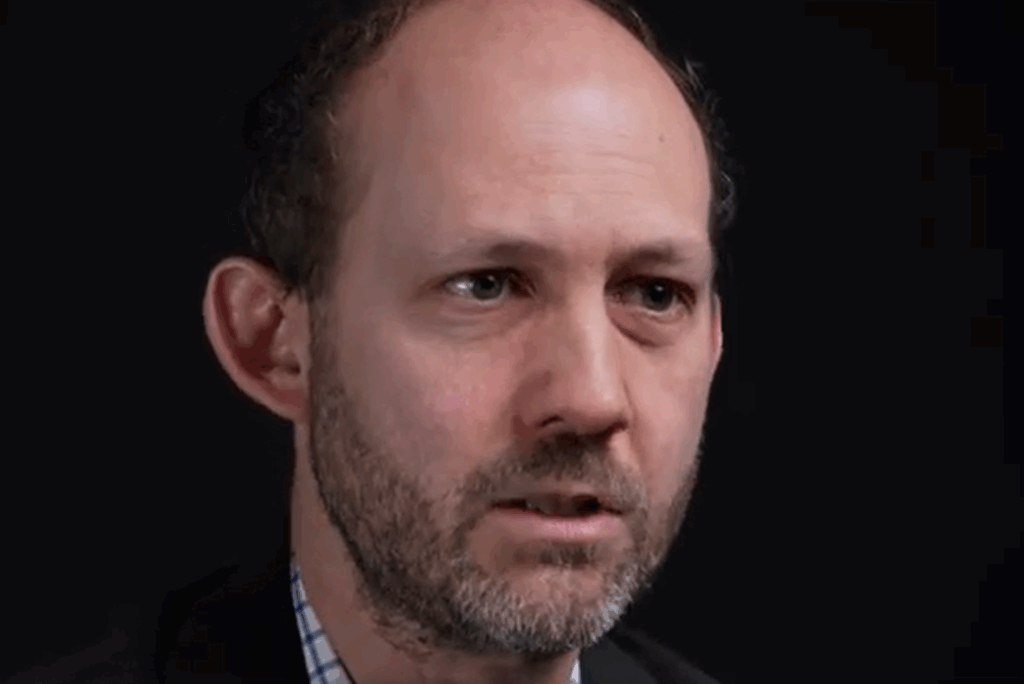OPINION: 1 January 2025 heralded the introduction of Extended Producer Responsibility for packaging (pEPR). Following on from a system that had been in place since 1997, this added a new dimension for packaging “producers” by requiring the payment of a “waste fee” for all household packaging placed on the market as well having to acquire PRNs to meet targets. This represents a seismic transitional change shifting responsibility from the councils to the producers
The new waste fee
The waste fee will be used to create a fund to pay local authority costs relating to the collection, transport and recycling of household packaging waste as well as costs associated with packaging in residual waste and in street bins. These costs are a huge leap in liability for companies that use packaging compared to the old system.
How much will be raised by the waste fee?
The government expects the waste fee to raise £1.5 billion annually in addition to the potential £200 million plus likely annual cost of PRNs that the industry is familiar with. From 2026, the waste fee becomes “modulated” by applying a process called Recyclability Assessment Methodology (RAM) to reflect recyclability with producers having to consider the implications of the collection, sorting and reprocessing of household packaging waste that will raise or lower waste fee costs for each material.
Is RAM adding complexity?
RAM adds another level of complexity for producers, but if they can demonstrate that their packaging is widely collected for recycling and can be sorted into quality recyclate that can be recycled into a quality secondary raw material, this will attract a lower fee.
This presents both challenges and opportunities to local authorities and businesses affected by the regulations and to waste companies such as Re-Gen.

As well as transferring waste costs from local authorities to industry, the regulations are part of a range of policy changes designed to reduce the environmental impact of packaging by incentivising better design, reducing dependence on less recyclable materials, increasing public participation and raising collection levels. EPR, Simpler Recycling, the Deposit Return Scheme, Digital Waste Tracking, single-use plastic bags, the Plastic Packaging Tax and increasing landfill tax provide an increasingly strict regulatory framework to motivate stakeholders to invest in the future and Re-Gen is at the heart of this.
Why MRF technological advancement is crucial going forward?
Creating technology solutions that can lead to higher recycling rates and lower recycling costs can simplify the task of the householder in presenting recyclable materials for collection, simplify the task of local authorities to collect these materials and deliver better recycling yields from what is collected, by improving the quality of sorted materials.
Why is EPR enforcement crucial?
This can lead to lower costs for businesses affected by EPR that supply packaged consumer goods, but it needs investment, commitment and most importantly, effective enforcement of regulation to deliver sustainable solutions. It is crucial that EPR is enforced efficiently and transparently ensuring monies are collected to agreed timelines and all monies are collected and only time will tell if this becomes a reality…it requires a commercial focused approach.
There is a widespread debate now as to the optimum method of recyclable waste collection considering cost, public participation and recyclability. Evidence has shown that the public want simplicity and convenience, indicating a preference for a mixed recycling collection in as few bins as possible rather than separate bins or boxes for each material. Mixed recycling collections lead to greater participation and higher volumes but can often lead to higher levels of contamination. But if the sorting technology can still produce high quality output, then the best of both worlds will be achieved.
How is Re-Gen preparing for pEPR?
Re-Gen is leading the way, enabling local authorities to achieve high levels of recycling at lower cost. Over the last eight years Re-Gen has invested over £30 million in its state-of-the art facility in Newry, Northern Ireland. This includes the use of AI and advanced optics to identify all recyclates card, paper, glass and aluminium etc. Phase One of a new site is now operational which will enhance capacity and drive recycling efficiencies further.
This will ultimately help producers to improve their RAM scores which will eventually lead to a lower “waste fee” cost. But Re-Gen cannot do this alone and for the UK to meet its long-term recycling ambitions on a sustainable footing, it needs to create the right conditions for investment across the UK – the right regulation supported by effective enforcement.
Re-Gen will continue to pioneer technological investment across its recycling facilities, investing significantly to achieve higher efficiencies and higher quality recyclate but other MRF’s must follow at speed.








Subscribe for free